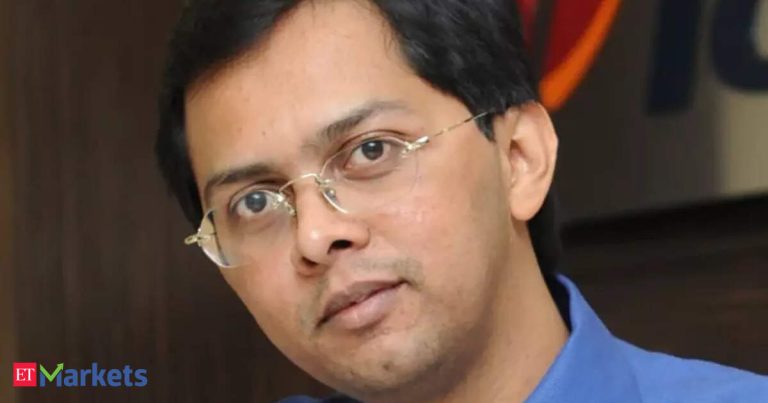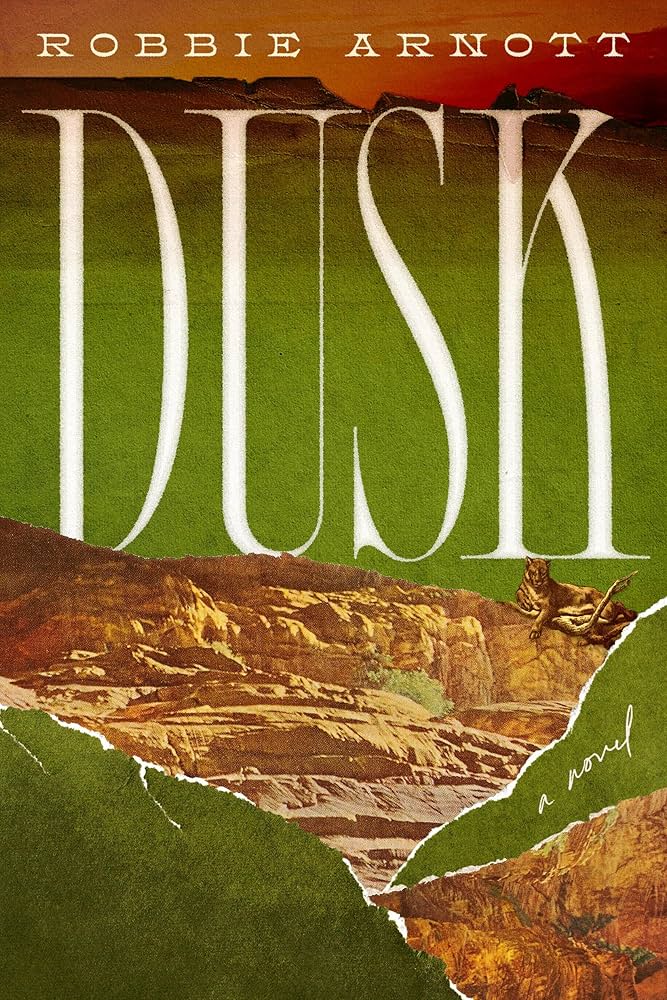Unlock the White House Watch newsletter for free
Your guide to what Trump’s second term means for Washington, business and the world
“I never get too attached to one deal or one approach” — words attributed to a certain Donald J Trump in 1987. “For starters, I keep a lot of balls in the air, because most deals fall out, no matter how promising they seem at first.”
You might think it pointless to try to come up with answers to what exactly is going on in the mind of the US president by referring to a book ghostwritten for him some 38 years ago. And yet perusing through The Art of the Deal — as many people, friend and foe, appear to have been doing of late — is the closest you can get to making sense of Trump’s mindset. “My style of dealmaking is quite simple and straightforward,” he explains at another point. “I aim very high, and then I just keep pushing and pushing and pushing to get what I’m after.”
But while the book might provide a lens through which we can better understand Trump’s psychology, his trademark style of transactional, winners-and-losers statecraft — or how his administration has descended into quite this degree of chaos in less than 100 days — it does not exactly provide any kind of blueprint for American leadership. Think less Diplomacy by Henry Kissinger, and more If I Did It by OJ Simpson (albeit without the stuff about *hypothetically* committing murder).
And yet for Trump’s most ardent acolytes the book has become a kind of bible, whose blessed scripture can be used to rationalise, justify and glorify every wild gyration the president makes. “Many of you in the media clearly missed The Art of the Deal,” 27-year-old White House press secretary Karoline Leavitt told reporters recently, as Trump announced a pause on tariffs amid a market meltdown. “You’ve clearly failed to see what President Trump is doing here.” (She was right about that part.)
In Trump’s mode of thinking, the means — which can be as outlandish or unrealistic as he likes — are justified by the ends, which are always the same: winning. The means do not need to be taken too seriously. It must be quite disorienting, then, to come up with policies, ideas and arguments on the hoof and to have an army of lackeys and zealots ready to defend them as part of some grand plan. Consider Treasury secretary Scott Bessent bending over backwards to justify Trump’s tariff seesawing as the “strategy all along”. Or vice-president JD Vance telling reporters that “we can’t just ignore the president’s desires” when asked about threats to annex Greenland, or attempting to use the Bible as justification for Trump’s America First policies.
So how can we describe the belief system that Trump’s faithful disciples have created and now subscribe to, which treats The Art of the Deal as evidence that Trump is the saviour of America? I like the word that Martin Walker, a research fellow at Warwick Business School, uses: “dealism”.
The great thing about dealism is that it can never be wrong — it is utterly bulletproof because it is never clear how far into the game of four dimensional chess we are. Telling lies, flip-flopping or making a huge mess is all just part of the process. “If things don’t turn out the way they were promised that’s because it is part of a bigger hidden strategy that includes lying about the strategy,” Walker explains. “And if that doesn’t happen it’s OK because that’s part of an even bigger strategy.” You get the gist.
The other thing to understand about dealism is that it is not so much about any particular policy as it is about having blind faith in the infallible master dealmaker Trump. This is a kind of cult of leadership that was described very well back in March 2016 on CNN.
“You have a leader that emerges and says: don’t put your faith in yourselves, don’t put your faith in society, put your faith in me,” the man said. “For years to come, there are many people on the right . . . that are going to be having to explain and justify how they fell into this trap of supporting Donald Trump, because this is not going to end well.” The interviewee was Marco Rubio, now secretary of state, who is these days more likely to be found shrugging off Trump-induced market crashes or suggesting he should get a Nobel Peace Prize.
The irony of all this is that, if they had inspected their bible a little more closely, the followers of dealism might have realised they are taking it all rather more seriously than they are meant to. “The real excitement is playing the game,” Trump says in a section called “Have Fun”. “I don’t spend a lot of time worrying about what I should have done differently, or what’s going to happen next,” he continues. “If you ask me exactly what the deals . . . all add up to in the end, I’m not sure I have a very good answer.” Luckily for him, the dealists will always be ready with one.







